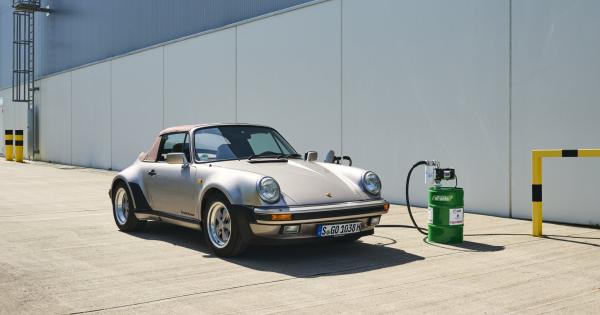Today, it is clear that the entire automotive industry is aiming for an electric future. However, there is a sector that thinks that perhaps the answer lies elsewhere. One of these possible solutions is that of electrofuels, also called e-fuels, which are becoming increasingly present.
What are electrofuels?
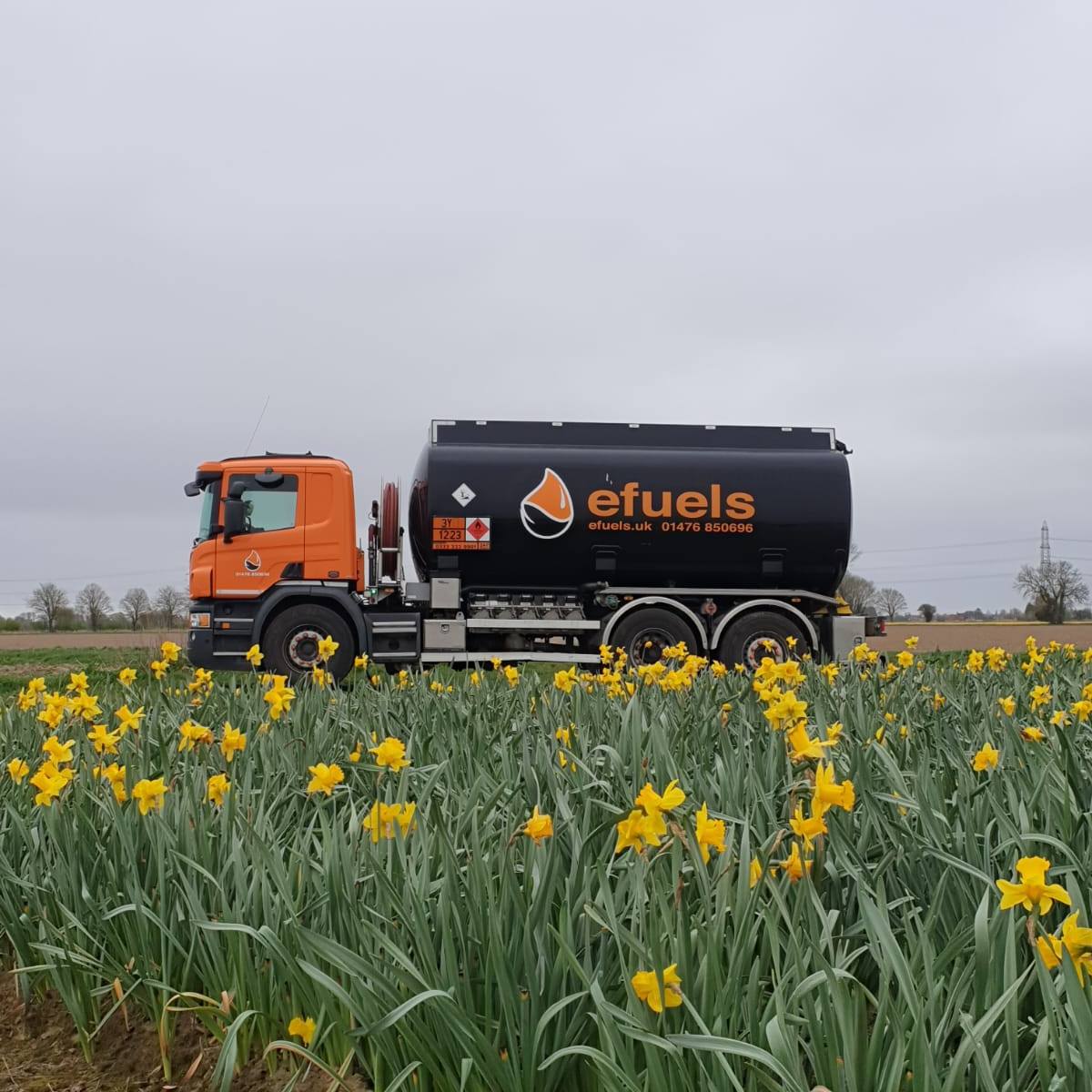
Electrofuels, also known as e-fuels, are produced by synthesizing CO2 emissions with hydrogen generated with renewable or CO2-free electricity. Some examples of e-fuels are e-kerosene, e-methane and e-methanol. Obviously, these fuels also generate CO2, but the big bet is that in theory they release the same amount as it costs to manufacture them. Therefore, this class of fuels are carbon neutral.
What is the advantage of electrofuels?
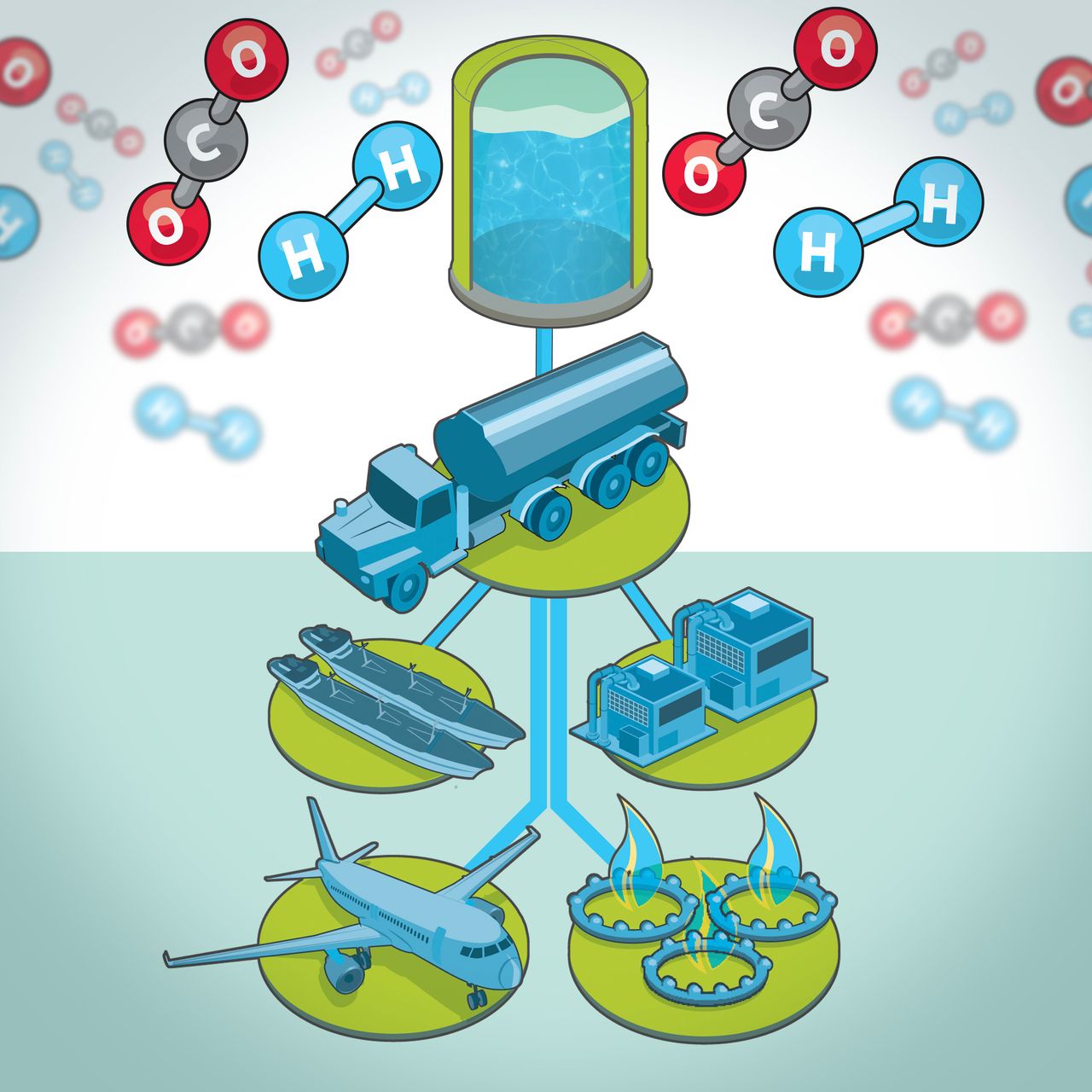
Today, humanity is in a great debate about how to make transport more environmentally friendly. The obvious answer is that of electric cars, but even they are not immune, due to all the waste that a used lithium-ion battery represents.
On the other hand, fuel cars are still much cheaper and more common, so it does not seem that they will disappear for a long time. In this way, instead of changing all the vehicles in the world, perhaps the answer is rather to change what energizes them. Electric fuels can offer a solution, which although not perfect, is closer to the cleanliness of electric cars, than regular combustion cars that pollute a lot.
What are the disadvantages of electric fuels?
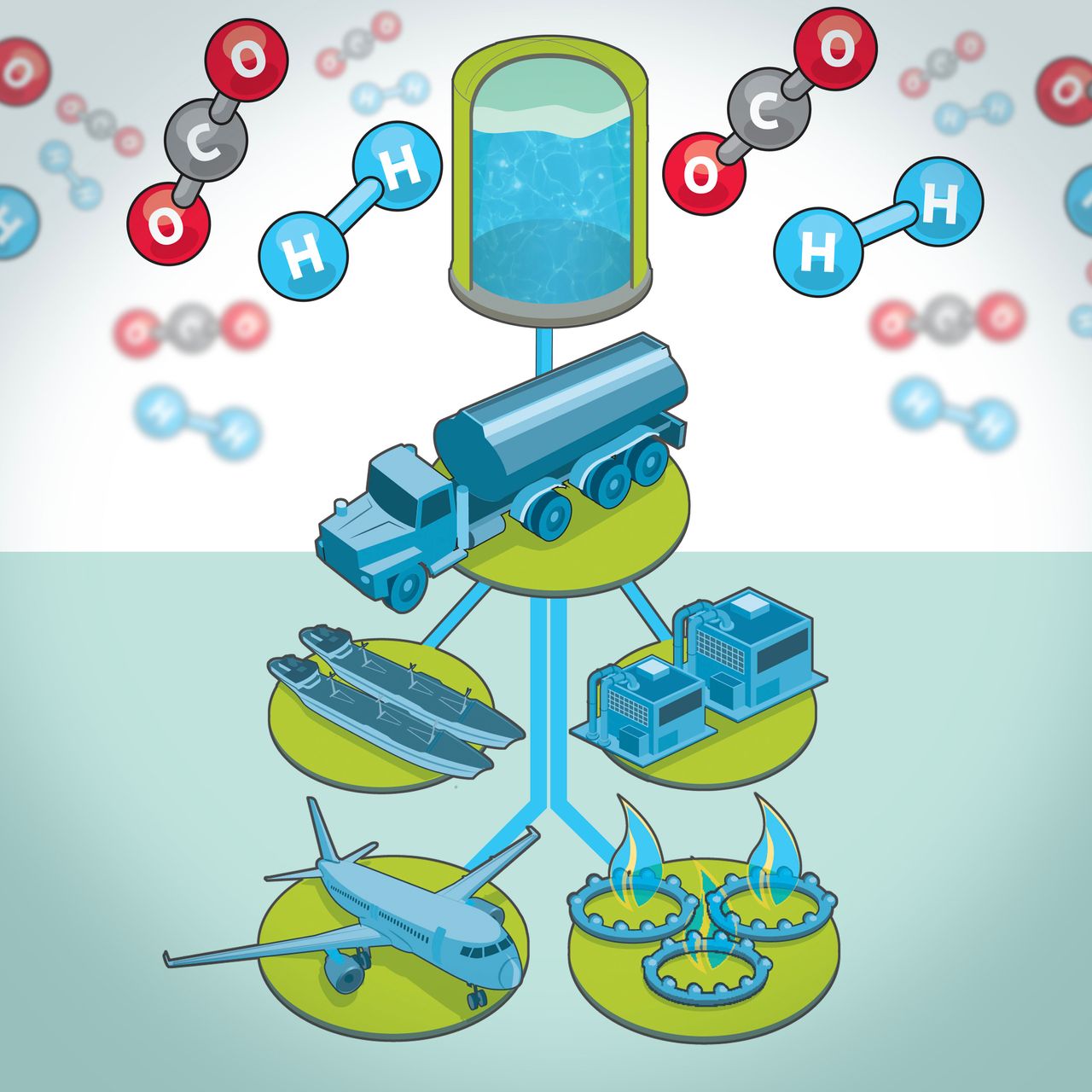
Some critics point out that the production of e-fuels is expensive and requires a lot of energy. In addition, using e-fuels in a car with an internal combustion engine requires approximately five times more renewable electricity than a battery-electric vehicle. Therefore, those who are against the widespread use of e-fuels consider that this type of energy should be used in maritime transport and aviation, because it is more difficult to replace this class of vehicles with an electric one.
Which manufacturers are already working with electrofuels?
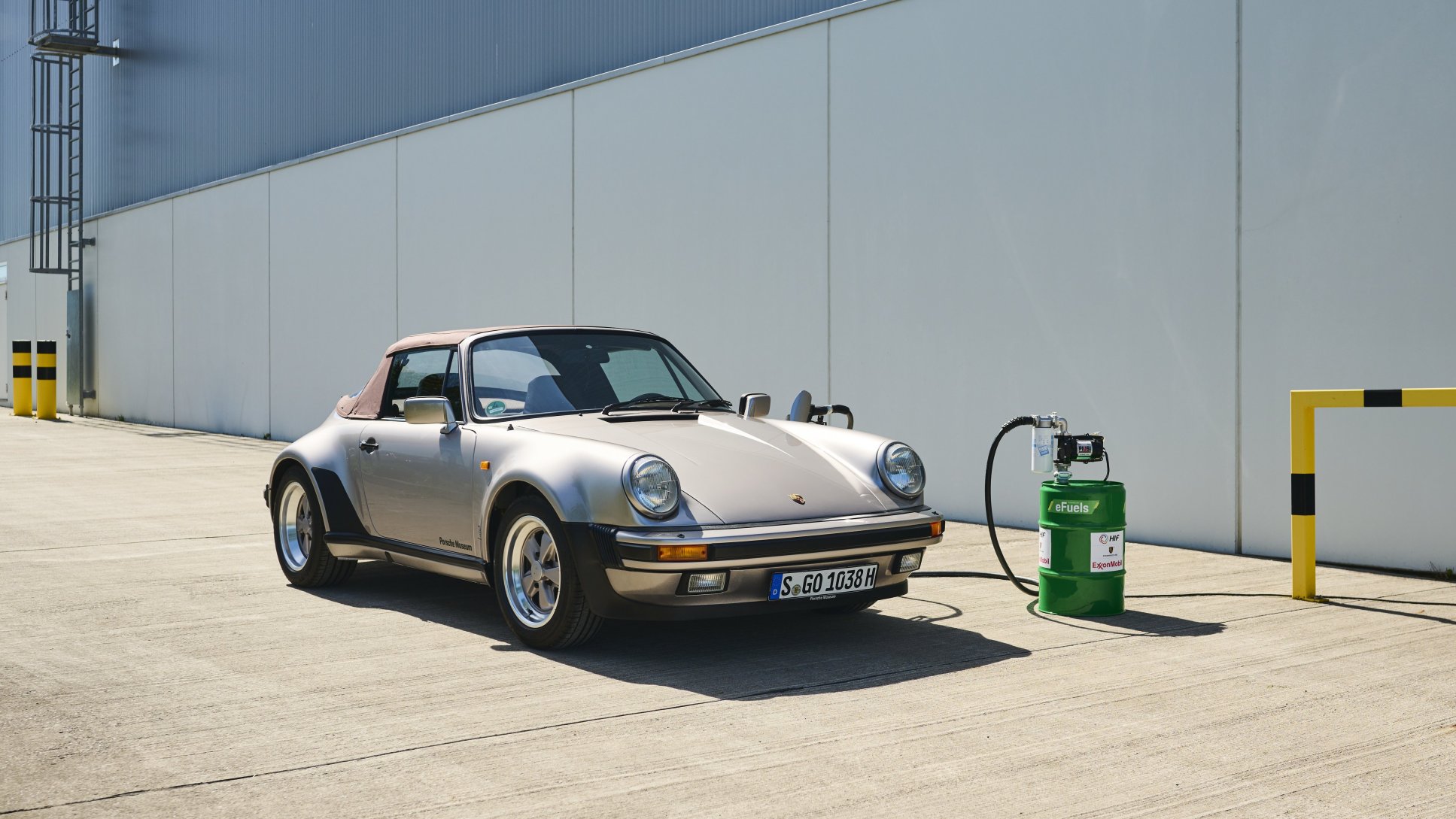
German companies such as Bosch, ZF and Mahle, as well as major oil companies, support e-fuels. Also, some car manufacturers, such as Porsche, Piech, Mazda and BMW, are backing, researching and developing this technology. In fact, several of them have formed collaborative organizations, such as the eFuel Alliance.
Of course, we must accept that at the moment there are few, compared to all those who are focusing their efforts on the electric automotive industry. Only time will tell which side of the coin was more right.
